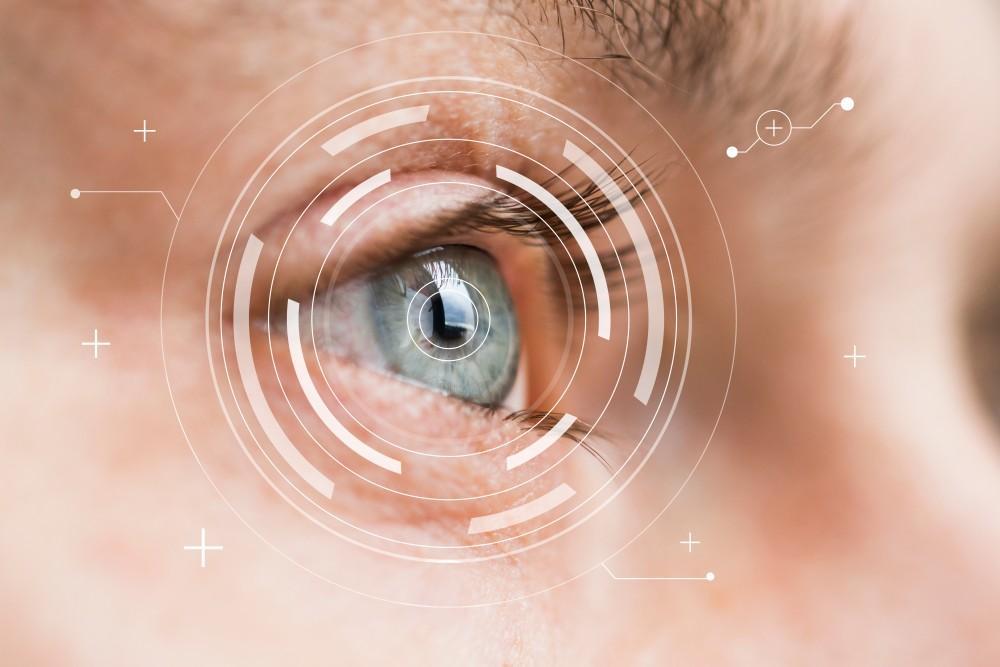
5 Possible Warning Signs of Keratoconus

If you or your loved one has a vision problem, you want to sort it out right away. Difficulty with your vision can impact every aspect of your life.
It’s important to make an appointment with an ophthalmologist who specializes in conditions involving eyesight and has devoted years to advanced training. Dr. Stephen Khachikian diagnoses and treats all types of eye conditions, from major to minor, and he helps restore your eye health if he finds a problem.
Keratoconus is an eye disorder that affects the structure of your cornea. It can start to develop when in puberty through age 30. Here’s what you need to know about this condition and signs to watch for.
What is keratoconus, and why is treatment important?
Your cornea is the clear cover that lies on top of your eyes. It has a dual function: enabling sight by focusing light on your retina and protecting your eye from dirt and debris.
If you or your loved one has been diagnosed with keratoconus, your cornea has become too thin. It develops an abnormal bulge and protrudes from the eye in the shape of a cone rather than forming a smooth cover over the eye.
Progressive keratoconus makes it difficult for your eye to focus on objects. Vision loss occurs if the condition is untreated.
What are common symptoms of keratoconus?
Because keratoconus is a vision disorder that can dramatically affect your eyesight and cause vision loss, it’s important to be aware of signs that can signal this condition. If you or your loved one experiences any of the following symptoms, call our office right away. We’ll provide an appointment promptly so we can treat the problem.
Mildly blurred vision or cloudy vision
Are you experiencing blurry vision? Has it become difficult to read road signs recently when it wasn’t a problem not long ago? Perhaps the landscape looks cloudy but it’s a clear day. Both problems could be signs that you have keratoconus.
Frequent prescription changes
If your prescription isn’t working for you and you’ve only been wearing those glasses or contacts for a few months, call Dr. Khachikian for an appointment.
There’s no standard timeframe for getting a new prescription. Some people don’t need a change in prescription for years. Others require a change more frequently. Needing a stronger prescription too soon can be a sign of keratoconus.
Sensitivity to light
Is it difficult for you to tolerate bright light at the beach or pool or in the office? Do you see a glare or a halo when exposed to bright light? Call our office if you’re experiencing this problem so we can schedule a comprehensive eye exam to check for keratoconus.
Frequent headaches
Are you getting headaches at work? You may experience eye pain with a headache, especially if your eyes are straining too hard to help you see clearly. Headaches around your eyes can signal that you need a new prescription, or it could point to an eye disorder.
Limited night vision
Have you stopped driving at night because it’s so challenging to see the road clearly? Poor vision at night is also a sign of keratoconus.
Treating keratoconus
When you have keratoconus, you may only need glasses or a special type of contacts. In some cases, Dr. Khachikian may recommend collagen cross-linking, which involves using special eye drops as well as being treated with UV light. In severe cases, you may require surgery.
Don’t take your eye health for granted. When you notice a problem, call Stephen Khachikian, MD, at our office in Rapid City, South Dakota, or book an appointment through our online portal to help ensure your eye health.
You Might Also Enjoy...


I’m Not a LASIK Candidate. What About PRK?

Telltale Signs Your Eye Problem Is a Cornea Issue

Why Are Cataracts Common In Seniors?

Can You Prevent Keratoconus From Getting Worse?


